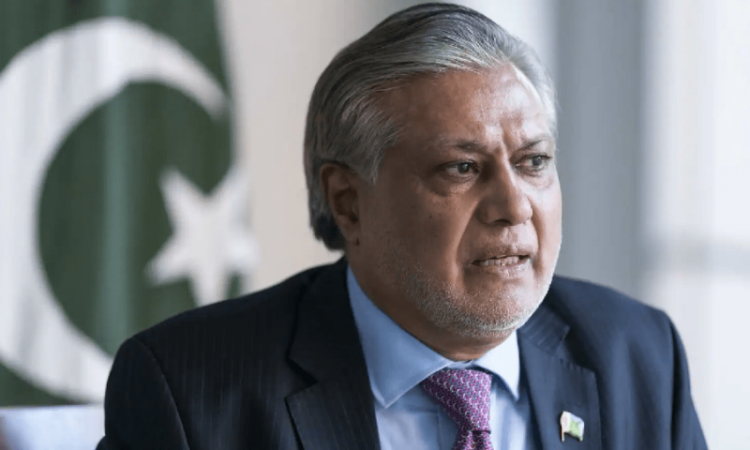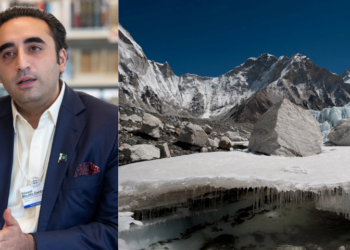Baku, November 12, 2024 — Deputy Prime Minister and Foreign Minister Muhammad Ishaq Dar highlighted at COP29 that the global financial system remains biased against climate investment in developing countries. Speaking at the “Innovative Finance Facility for Climate in Asia and the Pacific” event, Dar pointed out that 80% of climate finance is confined to developed nations, with financing costs 70–80% higher for developing economies. This limits climate resilience in these regions, where adaptation and loss-and-damage finance are significantly underfunded.
Dar emphasized that climate finance primarily takes the form of debt, which adds a currency risk—an especially severe barrier for low-income countries where foreign currency lending constitutes 70–80% of their debt. To address these disparities, Dar called for reforms in multilateral development banks (MDBs) and the IMF, advocating for local currency bonds, climate-resilient debt clauses, and modern risk management in IMF debt assessments.
Dar urged credit rating agencies to avoid inflated risk premiums that raise capital costs for developing nations and suggested that IMF risk assessments should incorporate climate risks objectively. He also supported the “Greening the Debt” initiative to integrate developing countries into green global value chains.
Highlighting Pakistan’s climate vulnerabilities, Dar recalled the 2022 floods that contracted Pakistan’s GDP by 4% and caused over $30 billion in damages. Pakistan, he noted, needs $348 billion for climate resilience by 2030 and currently allocates 20% of its public sector funds to climate-responsive investments, with a focus on renewable energy and sustainable agriculture.
Dar welcomed the IF-CAP’s commitment to mobilizing $11 billion for developing nations through guarantees, and he expressed hope that innovative finance solutions will ensure accessible, affordable climate funding for these regions. He also thanked the ADB and IF-CAP partners for their contributions to regional climate resilience and emphasized the need for ambitious climate finance targets reflecting developing countries’ priorities.









